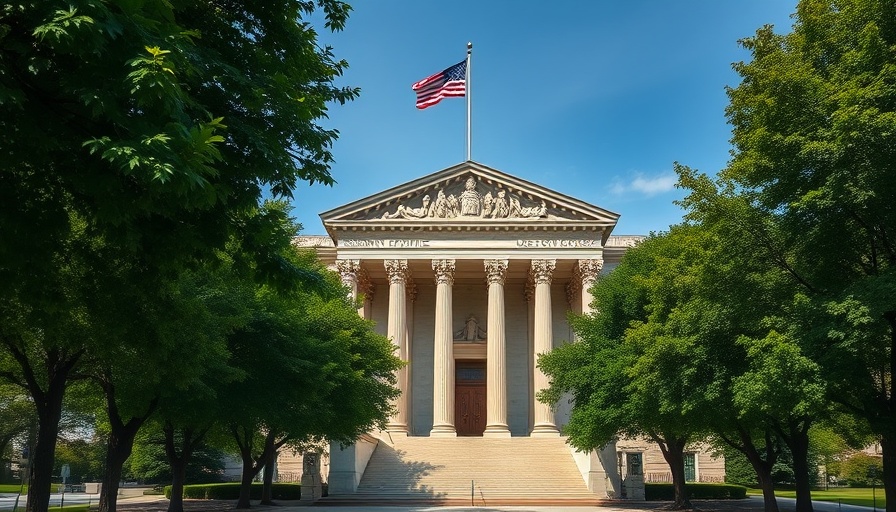
The Controversial Sharing of Voter Roll Data
The recent decision by the U.S. Department of Justice (DOJ) to share state voter roll information with the Department of Homeland Security (DHS) has ignited a heated debate. This move is part of an initiative to identify and remove noncitizens from the voter rolls—a claim that some experts argue lacks substantial evidence.
The announcement surprised many in Pennsylvania and other states, as several Democratic and Republican secretaries of state voiced concerns. The notion of federal agencies accessing state election data has raised alarms over potential misuse and the risk of undermining public trust in electoral processes.
Historical Context and Background of Voter Roll Manipulation
Efforts to scrutinize voter rolls have a long history in the U.S., driven by allegations of voter fraud. However, comprehensive studies, including one revealing a noncitizen voting prevalence of merely 0.0001% during the 2016 elections, suggest that fraud is exceedingly rare. Despite this data, the push for more stringent measures continues, reflecting polarizing views on voting accessibility and integrity.
In 2018, then-President Trump established the Presidential Advisory Commission on Election Integrity, which aimed to investigate claims of voter fraud. The commission was disbanded shortly after, amid disputes over its findings and methodology. The current sharing of voter rolls suggests a resurgence of these efforts under the Biden administration, signaling a contentious relationship between state and federal authorities regarding voting rights.
Reactions from Election Officials
Responses from election officials have varied significantly. Indiana Secretary of State Diego Morales confirmed that he had complied with the DOJ's requests, providing sensitive data such as driver's license and partial Social Security numbers. Meanwhile, other states are hesitating, citing concerns over compromising voter privacy and the potential chilling effect it may have on voter turnout.
This patchwork of responses illustrates the fragmented approach towards election integrity, where the balance between security and access continues to hang in the balance. The potential ramifications are significant: if states are pressured to provide data, it could lead to increased disenfranchisement among vulnerable populations.
The Broader Implications for Elections
The implications of this voter roll data sharing extend beyond state lines. It sets a precedent for federal involvement in state elections, which may lead to more stringent regulations on who qualifies to vote and how easily citizens can participate in the electoral process. Critics argue that this could result in a slippery slope towards voter suppression.
The belief among some lawmakers is that ensuring "election integrity" warrants such invasive actions. However, with this focus, we must also ask: at what cost? Advocates for voting rights stress that the federal government's emphasis on noncitizen voting diverting attention from critical issues such as voter accessibility and the technological vulnerabilities that came to the forefront during the last election cycle.
Future Predictions and Trends
As the 2025 elections approach, the landscape of voter registration and legitimacy remains in flux. Experts predict that as states navigate the complexities of this federal oversight, we may see increased litigation related to voter access—especially in battleground states like Pennsylvania.
Furthermore, the political climate is expected to grow more heated, as discussions about voting rights become central in the run-up to the 2026 midterm elections. Voter advocacy groups are likely to ramp up their efforts to counteract what they view as unfair regulations imposed by federal entities.
Conclusion: The Call for Vigilance and Responsibility
This ongoing situation underscores the importance of vigilance when it comes to our voting rights. Residents of Pennsylvania and beyond must stay informed and proactive. Voting is not just a privilege but a fundamental right, crucial to the democratic process. Engaging with local officials, attending town hall meetings, and voicing concerns to representatives can empower citizens to advocate for fair practices in their electoral systems.
 Add Row
Add Row  Add
Add 




Write A Comment